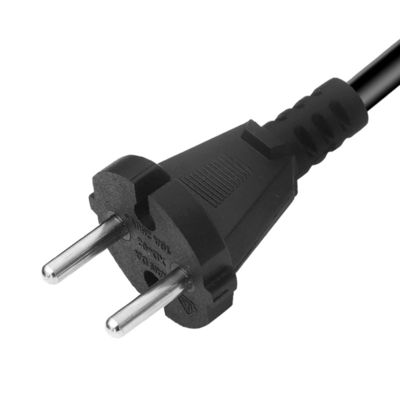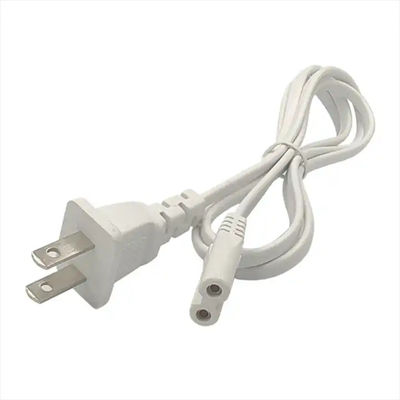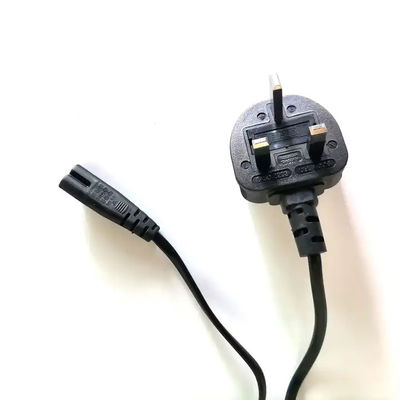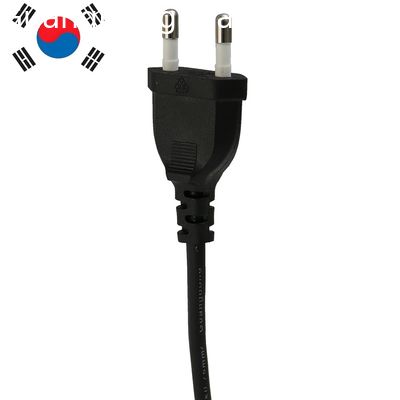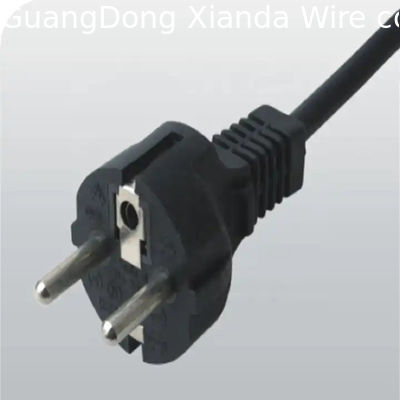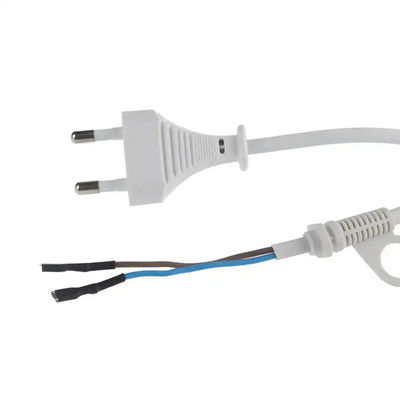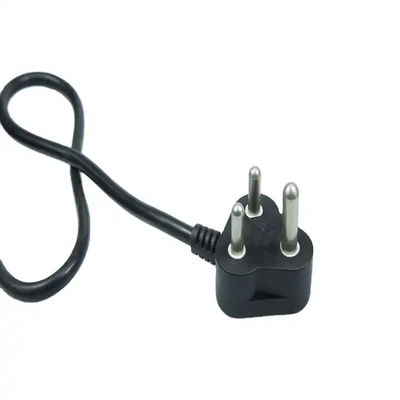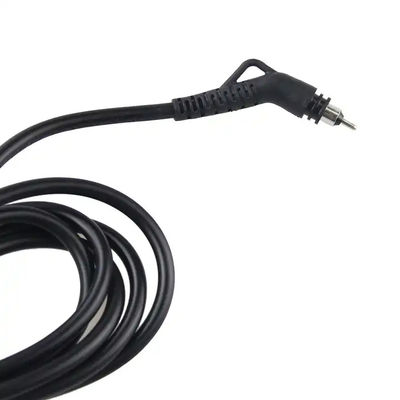Extension Cord Buyer’s Guide
Whether setting up a workspace, organizing an event, or simply trying to power your household appliances, an extension cord can be a real lifesaver. However, with the myriad of options available in the market today, it can be daunting to choose the perfect one. This comprehensive buyer’s guide will simplify the process and ensure you make a well-informed decision when purchasing an extension cord.
Overview of Extension Cords
Extension cords, or power extenders, are flexible electrical cables that bring power to your devices when they are far from an outlet. They come in various lengths, sizes, and types, each designed for different power needs and applications. They range from small household extension cords for powering lamps and fans, to heavy-duty outlet extenders designed for construction equipment.
Cord Length
The length of the extension cord is one of the first features to consider. The rule of thumb is to opt for the size you need and nothing more. Do not fall into the temptation of buying an excessively long cord. Such cords can lead to voltage drops, which can decrease the efficiency of your appliances and can even cause damage. Therefore, measure the distance between your power source and where you wish to use the device and choose your cord length accordingly.
Wire Gauge
The wire gauge or AWG (American Wire Gauge) refers to the diameter of the wires within the power extender. The lower the AWG number, the thicker the wire and the more current it can carry safely. For heavy-duty applications, opt for outlet extenders with a lower AWG number. Always cross-check your device’s user manual for the recommended wire gauge before making a purchase.
Cord Rating
Extension cord ratings such as ‘indoor,’ ‘outdoor’, ‘heavy duty,’ and ‘light duty’ are based on the cord’s insulation and overall durability. Indoor extension cords are typically light-duty, meant for low-power devices. On the other hand, outdoor extension cords are heavy-duty, designed with better insulation to withstand rough weather conditions and power heavier tools and equipment.
Safety Features
Safety should always be a priority when dealing with electrical devices. Look for extension cords with a third grounding wire, crucial for preventing electric shocks. Also, consider cords with built-in circuit breakers for added protection against overheating and fire. Always ensure the product is certified by a recognized standard organization such as Underwriters Laboratories (UL).
Plug Type
The type of plug on your extension cord is another vital factor. Some power cords come with two-prong plugs, while others have three-prong plugs. Two-prong plugs are suitable for light-duty appliances, while three are for heavy-duty machines and offer grounding. Ensure the plug type matches your device and the power outlet.
Durability
Lastly, consider the durability of the extension cord. A suitable cord should withstand regular use without wearing out. Also, pay attention to the material of the cord. For instance, cords with a vinyl coating are resistant to moisture and sunlight, making them perfect for outdoor use.
Conclusion
In a nutshell, the perfect extension cord for you depends on your specific needs. When choosing, remember the cord length, wire gauge, cord rating, safety features, plug type, and durability. By considering these factors, you’ll find a power extender that ensures your appliances’ safety, longevity, and efficiency. Happy shopping!

 Your message must be between 20-3,000 characters!
Your message must be between 20-3,000 characters! Please check your E-mail!
Please check your E-mail!  Your message must be between 20-3,000 characters!
Your message must be between 20-3,000 characters! Please check your E-mail!
Please check your E-mail! 
